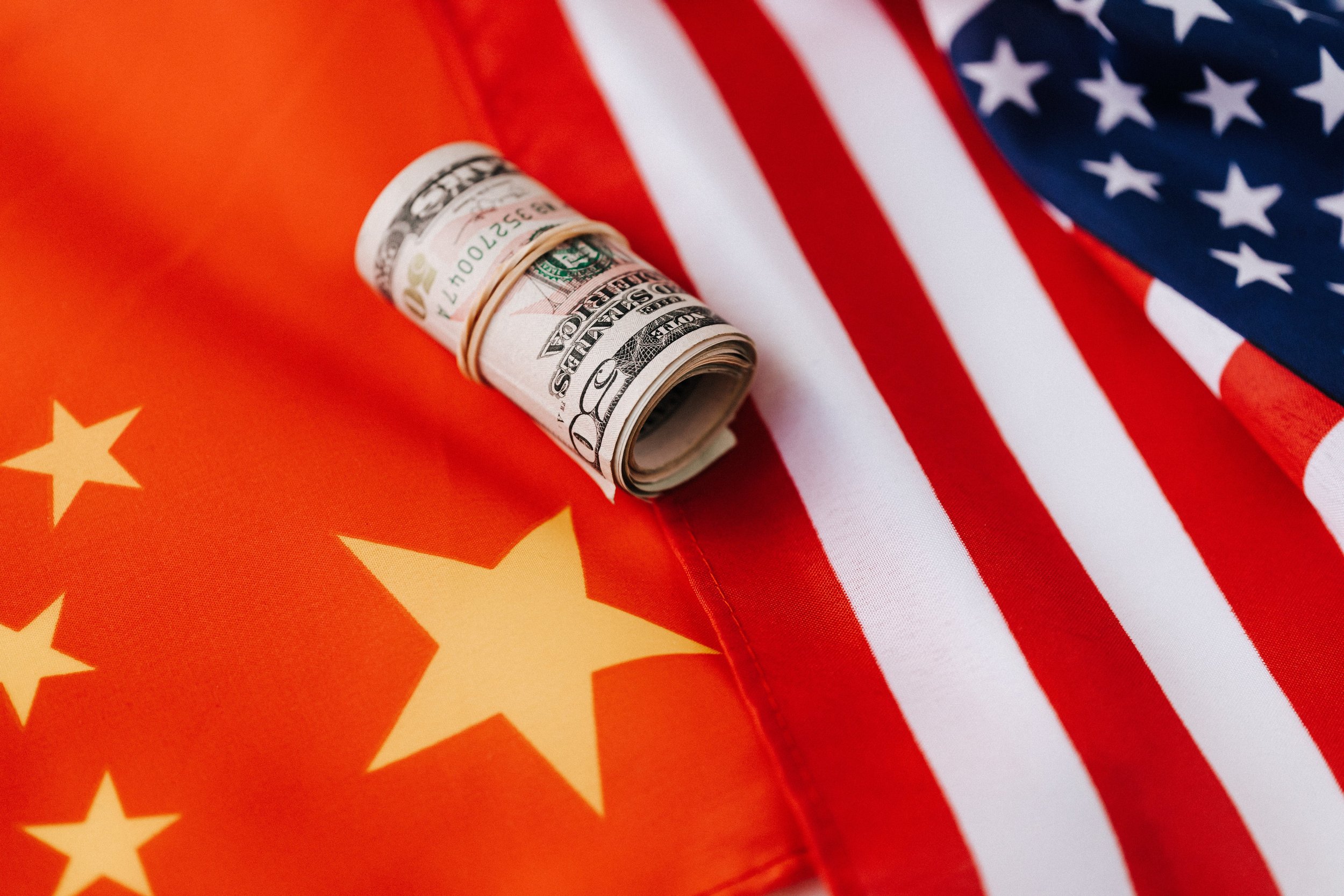US Extends Lead Over China in Global Economic Race, Defying Predictions
In a surprising turn of events, the United States has expanded its lead over China in the race for the world's largest economy, defying earlier predictions, according to a report by Bloomberg on Friday. Contrary to expectations, the American economy outperformed China's last year, overcoming forecasts of a potential recession following interest rate hikes by the Federal Reserve.
Despite initial expectations that the US might face a recession and China would experience a robust recovery from its COVID lockdowns, the situation has reversed. The US managed to avoid a recession, while China has grappled with nearly three years of stringent "zero-covid" pandemic restrictions, impacting its economic performance.
Eswar Prasad, a former head of the International Monetary Fund's China division, described the development as a "striking turn of fortunes." He noted, "The strong performance of the US economy, in tandem with all the short-term and long-term headwinds the Chinese economy faces, renders it a less obvious proposition that China's GDP will someday overtake that of the US."
The US maintained its lead and widened the gap, with GDP growing by 6.3% in nominal terms last year, surpassing China's 4.6% growth. Many Western analysts anticipate a slowdown in China's long-term growth due to challenges like high debt and a housing crisis affecting consumer confidence. Forecasts for China's GDP growth in 2024 hover around 4.5% or below, indicating a potential trend of secular stagnation.
Lawrence Summers, a former secretary of the US Treasury, commented on secular stagnation, describing it as a chronic excess of savings leading to slow growth, deflation, asset bubbles, and financial strains. He noted that this trend has shifted from the Western Hemisphere to China.
China is experiencing falling prices to an extent not seen since the global financial crisis in 2009, a condition known as deflation. This could pose risks to heavily indebted households and companies, potentially leading to financial challenges.
While the US has defied expectations in the short term, long-term headwinds persist, including a record-high budget deficit exceeding half a trillion dollars and the Federal Reserve's ongoing efforts to reach its 2% inflation target. Concerns also linger about the potential for the Federal Reserve to maintain a tight monetary policy for an extended period, possibly triggering a downturn.
Former Federal Reserve economist Julia Coronado emphasised that US recession risks are now higher than at the beginning of 2023. The global economic landscape remains dynamic, and these developments underscore the complexity of the factors influencing the economic trajectories of major nations.

